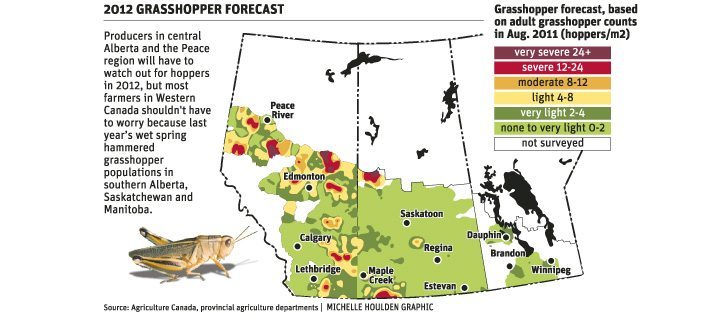Promotional effort Healthy Grains Institute says more funds are required to educate public
EDMONTON — Farmers need to arm themselves with facts and defend their industry against bogus anti-wheat claims, said Christine Lowry, a nutrition and policy adviser with the Healthy Grains Institute.
“We think having the farmer give the message may be the most acceptable way for the consumer to accept it,” she said.
Industry associations established the institute a little more than a year ago to help debunk anti-grain myths.
“We want to help inform and educate Canadians on the health benefits of whole grain,” Lowry said.
Read Also

Using artificial intelligence in agriculture starts with the right data
Good data is critical as the agriculture sector increasingly adopts new AI technology to drive efficiency, sustainability and trust across all levels of the value chain.
“We want to balance the conversation.”
The institute has developed fact sheets that debunk myths and quote credible scientists.
Contrary to the anti-wheat messages that are circulating, Lowry said whole grains help lower the risk of heart disease, regulate diabetes and reduce colorectal and pancreatic cancer.
Studies show weight gain and increased abdominal fat are lower in people who eat more whole grains.
However, it will be difficult for farmers to defend their industry unless they know the facts and can argue logically.
Lowry said more money and people are required to spread the message.
“We want to be seen as the authority and expert and go-to organization for grain,” she said.
Spencer Hilton of Strathmore, Alta., said farmers need to help defend their industry against the myths.
“We have a vested interest in cereal production in Canada,” he said.
“We can no longer ignore this thing anymore. We have to get engaged and defend our industry.”
Hilton said grain and chemical companies that spend money on big social events for farmers should redirect it to the institute to help defend the industry.
“Farmers need the background facts to defend the industry,” he said.
“We need to get farmers educated and ready for this debate.”















